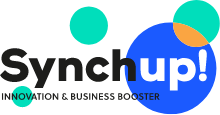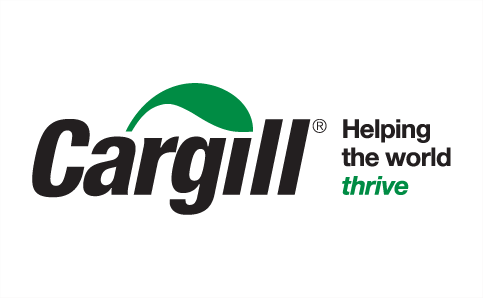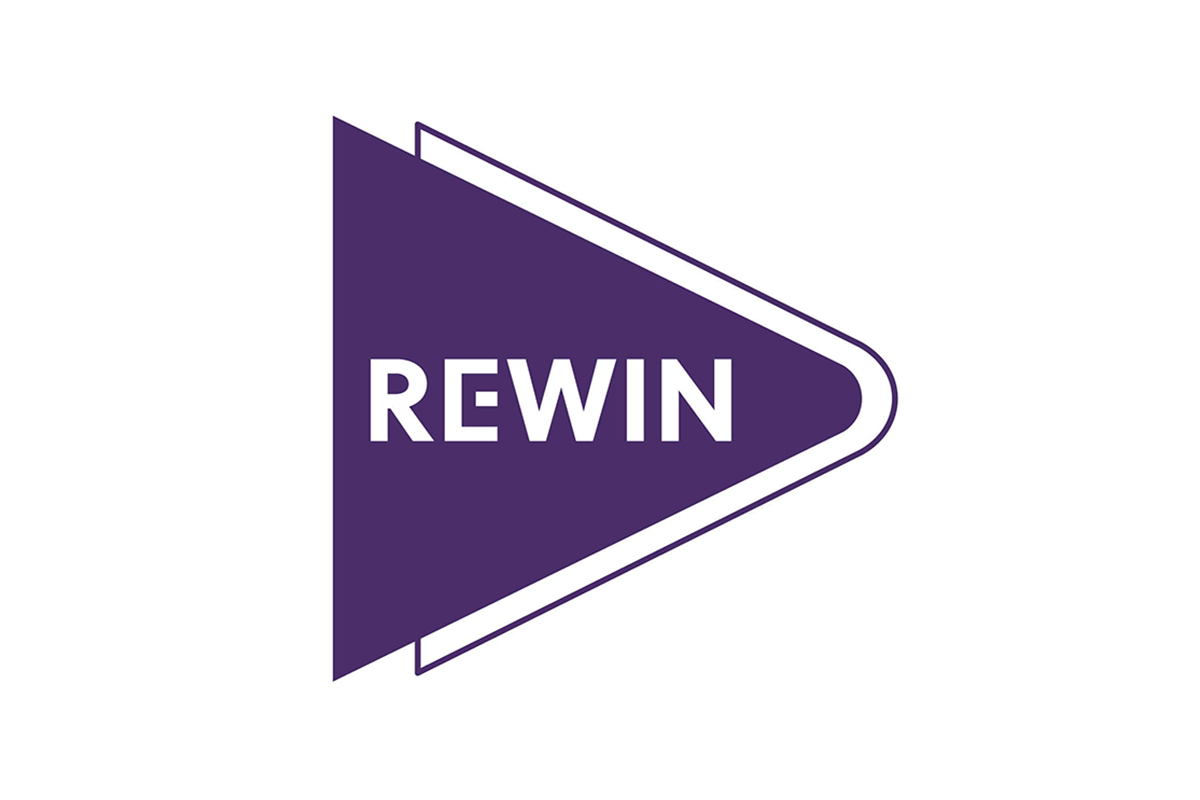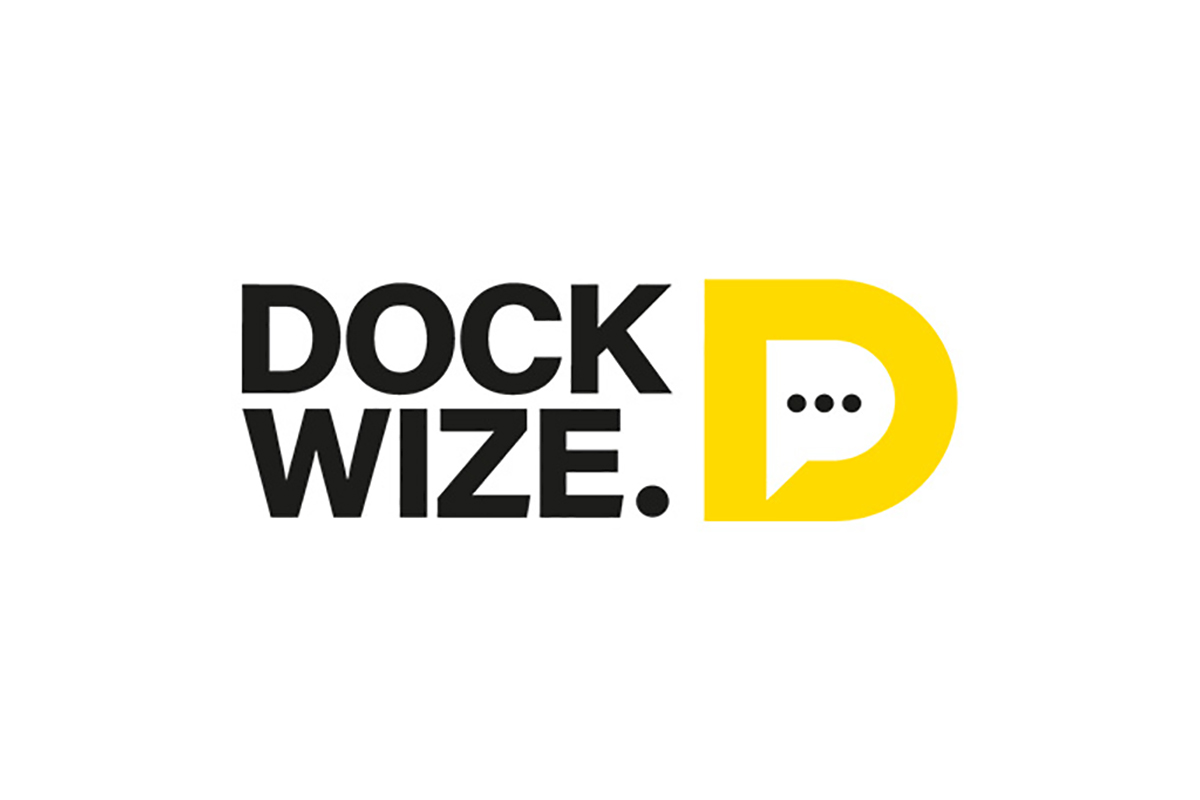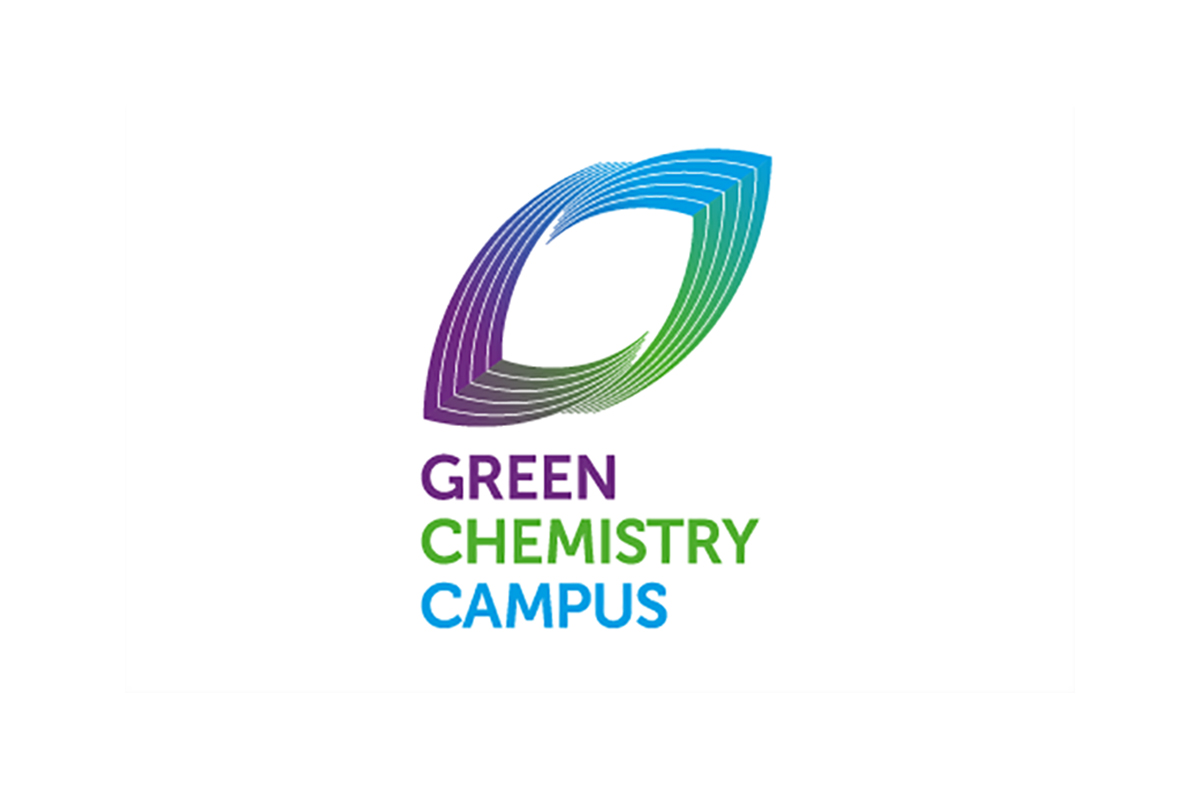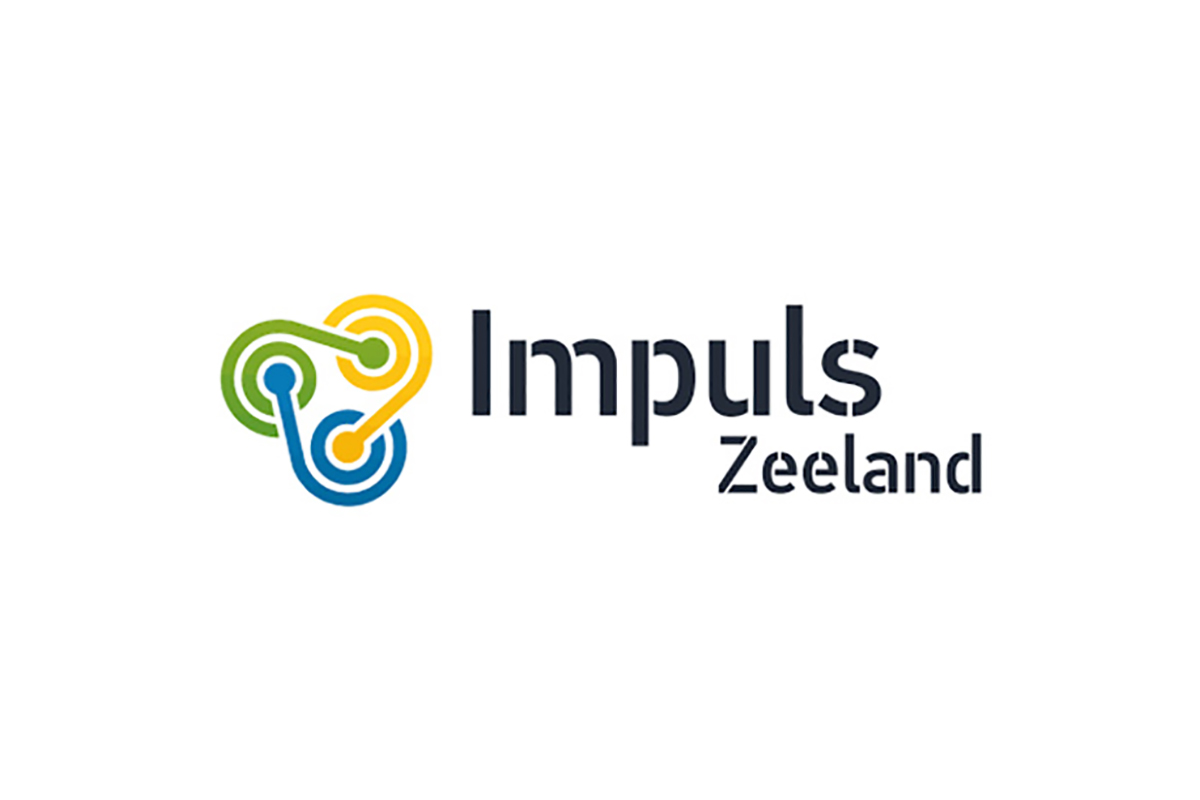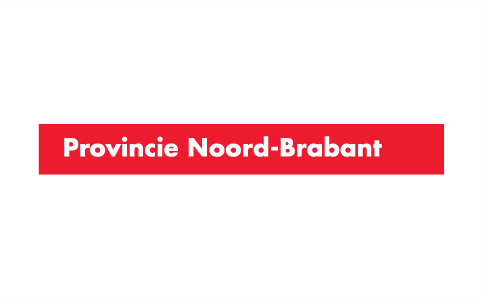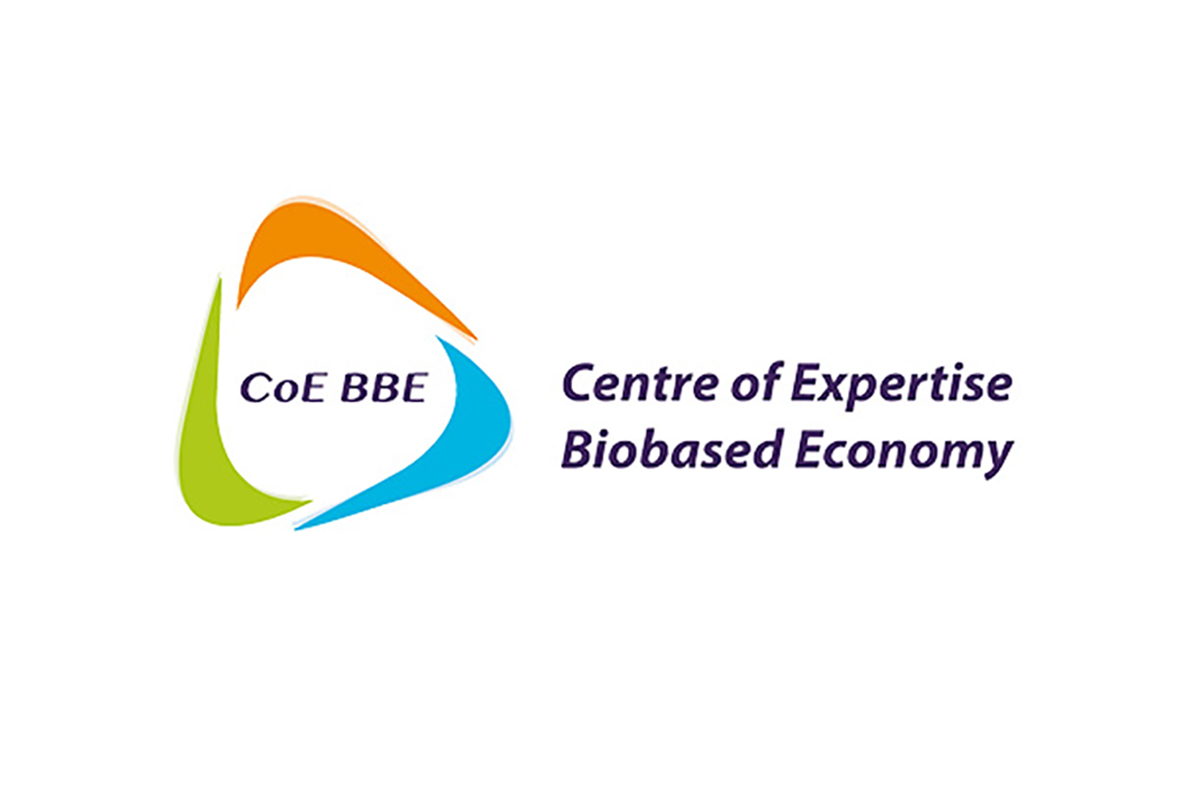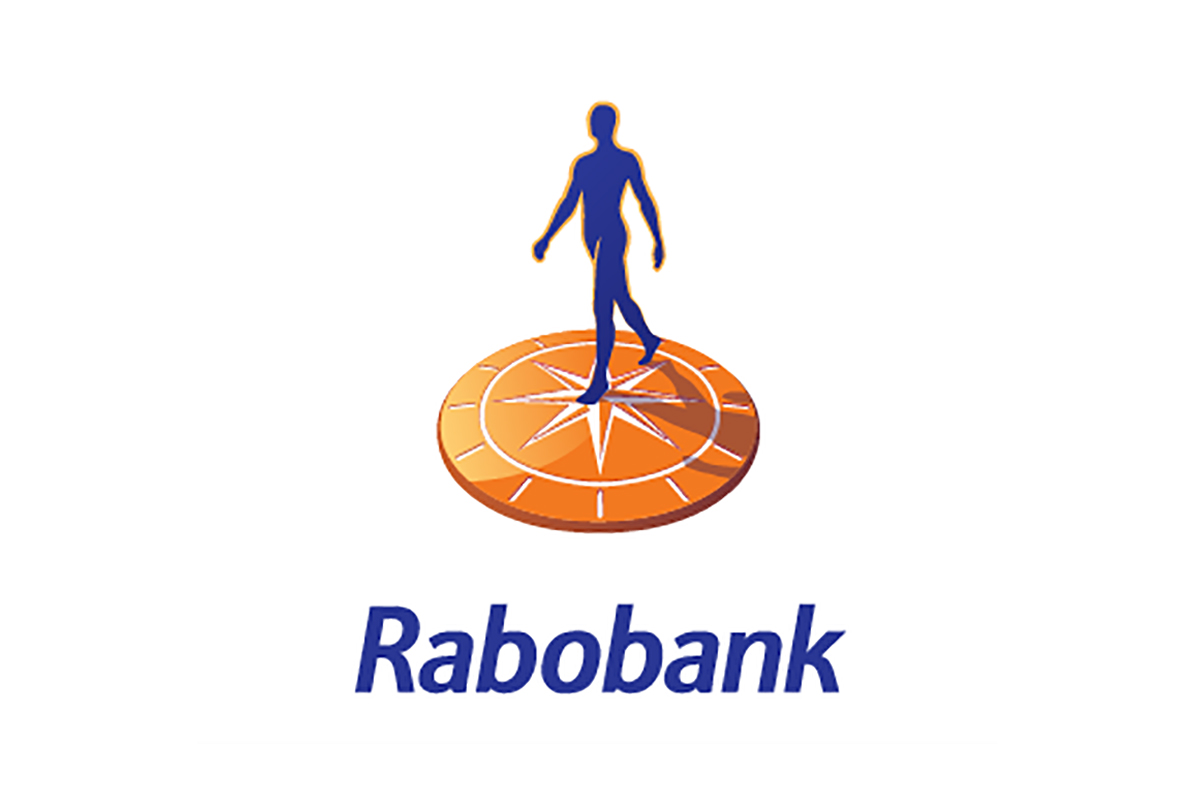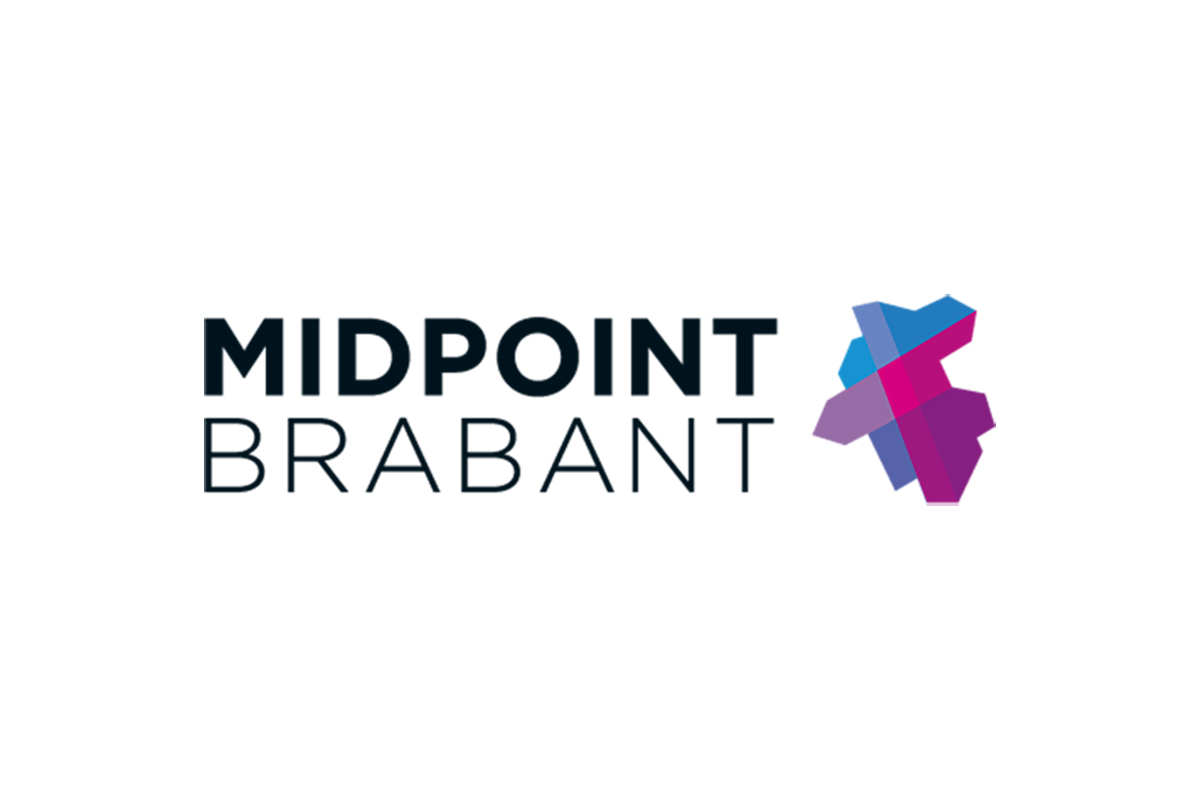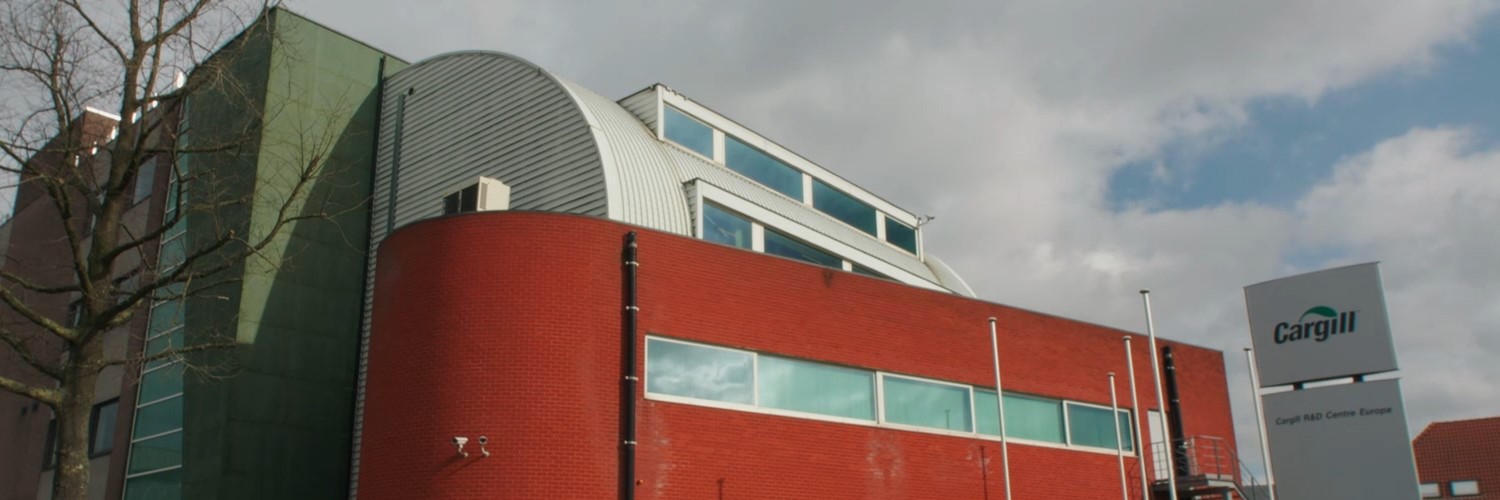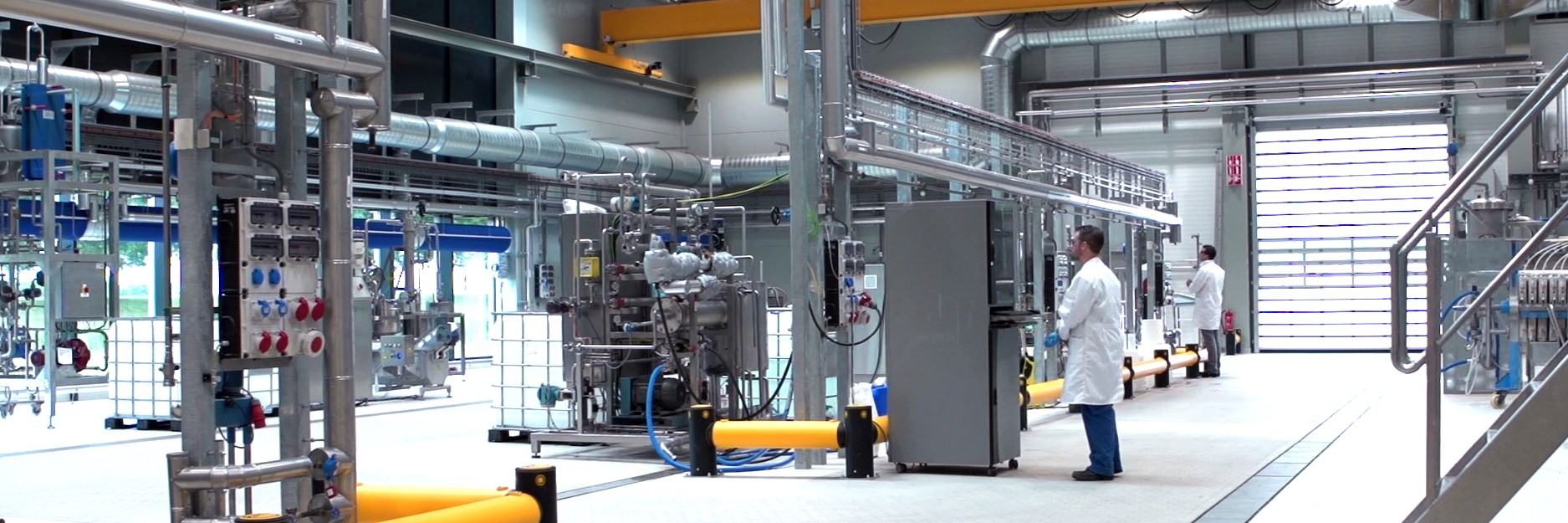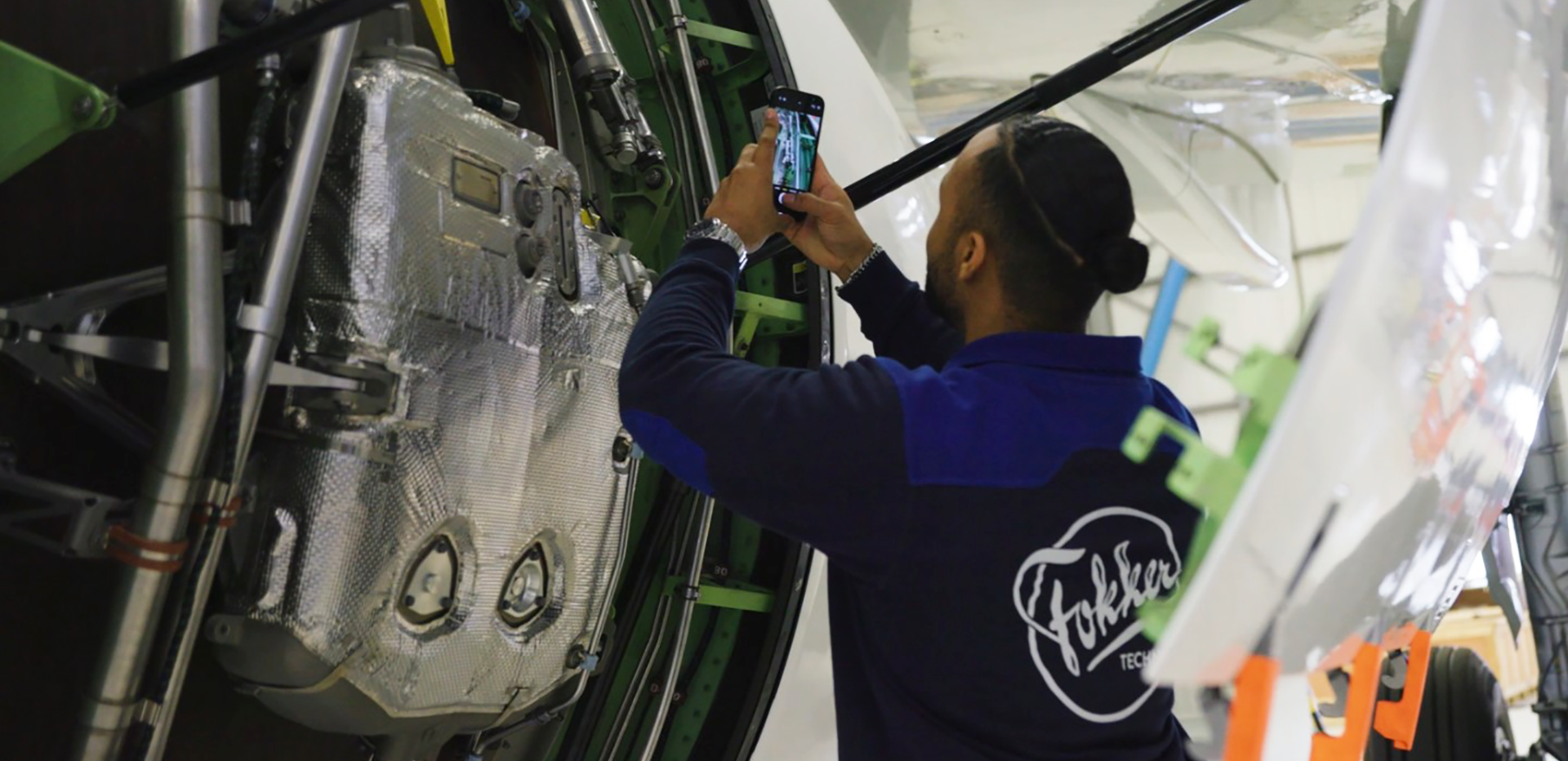We are looking for an alternative technology to demineralize glucose-fructose syrups with reduced use of chemicals and water.
Our glucose and glucose-fructose syrups offer our customers a combination of viscosity and sweetness. At the same time our syrups are completely transparent and colorless. To achieve such a neutral product, we have to take out various minerals, proteins and other odor and smell components (which come from the raw material) through a number of process steps. One of these refining steps involves ion exchange, which is a demineralization step whereby we send our diluted syrups through beds of Cation and Anion resins. See the entire process in the diagram below:

One demineralization cycle may take anywhere between 8 and 48 hours, and once the resin is exhausted they have to be regenerated. During this regeneration cycle, we use a lot of acid, caustic and water. Besides the operational cost for this activity, this causes a load on our wastewater treatment plant. Cargill has set goals to reduce its environmental impact and therefore we are looking for new technologies that reduce water and chemical consumption in this process.
What are we looking for?
A solution for this challenge would help us to reduce our water and chemical consumption, as well as the cost of waste water treatment, while achieving the same final glucose and glucose-fructose quality. In order of magnitude, the refining process requires about 1-4kg 100% HCl & NaOH per ton of product, and produces about 1m3 waste water per ton of product. A step change would mean a reduction of chemical & water consumption / wastewater creation in the range of 30-60% per ton product. Additionally we are interested in solutions whereby we can recover and possibly re-use of certain ions like P, Mg, Mo and/or Ni. The scope includes removal of minerals, proteins and odor and color components from diluted syrups. Depending which plant but throughputs may be anywhere between 5-100m3/h.
Must haves:
- Reduced water & chemical consumption (step change)
- Maintain final product quality (<20µS/cm, low protein (gluten) content, low color & high color stability
- Solutions with minimum Technology-Readiness-Level 6 (TRL6)
Nice to haves:
- Possibility to recover specific Ions (e.g. P, Mg, Mo and/or Ni)
Note: we are also open to solutions that achieve an improvement of intermediate syrup quality, if this leads to a significant extension of our final demineralization cycle times (in other words: a solution that would act as a pre-treatment before our existing demineralization step).
Other important conditions:
- Ability to create food safe product (food grade equipment)
- Product temperature stays below 85 °C.
- Reduce or maintain same energy consumption, or at least not significantly increase required energy consumption (Power & Heat) per ton product.
What aren’t we looking for?
We are not looking for solutions that involve continuous (incremental) improvement of our existing resin based ion exchangers or carbon adsorption process. Also we are not looking for current known technologies like resin treatment (IX) and membrane technologies e.g. Reverse Osmosis or Nanofiltration. We are not looking for knowledge or technology advisors.
What’s in it for you?
We can provide you with sample product material for lab or pilot trials. In case you do not have your own pilot facilities, then pilot trials could be organized at Green Chemistry Campus next to our sweetener plant in Bergen op Zoom. Possibility to further develop and to prove technology in industrial environment, with support of Cargill’s technology engineers In case the technology provider could offer a suitable solution that translates to a good payback on investment, then we have the possibility to free-up budget for investing in such a technology. Worldwide we have over 50 glucose and glucose-fructose production channels using ion exchange technology for syrup refining. A significant step change in reducing chemical & water consumption for these refining steps could potentially save tens of millions of Dollars per year.
How can BioVoice benefit you?
- An innovation contract with a launching customer/partner!
- Funding (€10,000 vouchers, to be spent in the regional ecosystem for e.g. testing, lab and demo facilities, IP consulting, etc.)
- Coaching and counselling
- A stage and free publicity
- Knowledge and contact with experts
- Access to a network of potential partners & customers, resources and research facilities
The BioVoice programme
BioVoice is an initiative of REWIN West-Brabant, Green Chemistry Campus, the joint Rabobanks of Southwest Netherlands and the province of North Brabant. Dockwize, Impuls Zeeland, Centre of Expertise Biobased Economy and Midpoint Brabant have also joined as implementation partners. Together, we want to give innovative entrepreneurs and up-and-coming biobased/circular talents the space and opportunities to develop and market their idea/product, so as to achieve our common goal: accelerating the transition to a sustainable economy.
BioVoice is made possible by financial contributions from the Regional Deal for Central and Western Brabant, the Province of North Brabant, the Province of Zeeland and Rabobank.
Conditions of participation
We are looking for a technology provider who could offer the technology solution (minimal TRL6 level) to us and must be ready for piloting or in-situ testing. We are open to work together with the technology provider to prove if the technology could work for our application, but are not interested to develop or build the technology ourself as this is not our core business. If the technology is proven, we would buy the solution from the provider. Technology provider has the ability to guarantee that the equipment is suitable / certifiable to produce food-safe products. We are not looking for knowledge or technology advisors.
Your pitch (max 6 pages / 18 slides)
- Concept description: Describe your concept in as much detail as possible.
- Pilot description: Please provide a brief description of what it will take to prototype and/or pilot and what you will need from us to do so.
- Team description: Provide a brief description of the company and team that plans to work on the pilot.
There are no formal requirements for the pitch (presentations, slide decks & letters are all allowed), apart from the fact that it must be uploaded as a PDF file (A4, landscape or portrait) with a max. size of 30MB. Videos, example websites and so on can be included as links.
Timeline
- 29 March ’21: Challenge launch – open for applications
- 21 May ’21 – 5:00 pm: Challenge deadline – sign up no later than 5 pm
- 4 June ’21: Longlist announced – A longlist of start-ups/scale-ups that are invited to meet the challengers is announced
- 14-25 June ’21: Digital introduction meetings with challengers & participants + information session about confidentiality and IP
- 2 July ’21: Shortlist announced based on interviews – A shortlist of start-ups/scale-ups that will be given the opportunity to work on an innovation contract is announced
- 5-11 July ’21: Make schedule & working agreements + coordinate NDA if necessary
- 12 July through 6 October ’21: Challenge weeks – sessions with challengers, participants & coaches to arrive at an innovation contract
- 29 September ’21: Apply for vouchers – submit draft innovation contract + apply for vouchers
- 6 October ’21: Vouchers awarded – submit final innovation contract + vouchers are awarded
- 14 October ’21: Match event – celebrating the innovation contracts and partnerships + presentation of vouchers
- 15 October ’21: Start of development & collaboration (pilot)
Questions?
If you have any questions about this challenge, please head to the contact options below. For more information about the challenge program, click here.
Background information
Our team of 155,000 professionals in 70 countries draws together the worlds of food, agriculture, nutrition and risk management. For more than 155 years, we have helped farmers grow more, connecting them to broader markets. We are continuously developing products that give consumers just what they’re seeking, advancing nutrition, food safety and sustainability. And we help all of our partners innovate and manage risk, so they can nourish the world again tomorrow. Within Cargill’s Food Ingredients and Bio-Industrial (FIBI) platform we serve food and beverage manufacturers, foodservice companies and retailers with food ingredients as well as food and non-food applications. Part of the FIBI platform, Cargill’s Starches, Sweeteners & Texturizers group, among others process corn and wheat into starches, proteins and various sweeteners. Worldwide we have over 50 glucose and glucose-fructose production channels using ion exchange technology for syrup refining. A significant step change in reducing chemical & water consumption for these refining steps could potentially save tens of millions of Dollars per year. At the same time, reducing our impact on climate change and conservation of water are two of our sustainability priorities, see:
- https://www.cargill.com/sustainability/priorities/climate-change
- https://www.cargill.com/sustainability/priorities/water-resources
